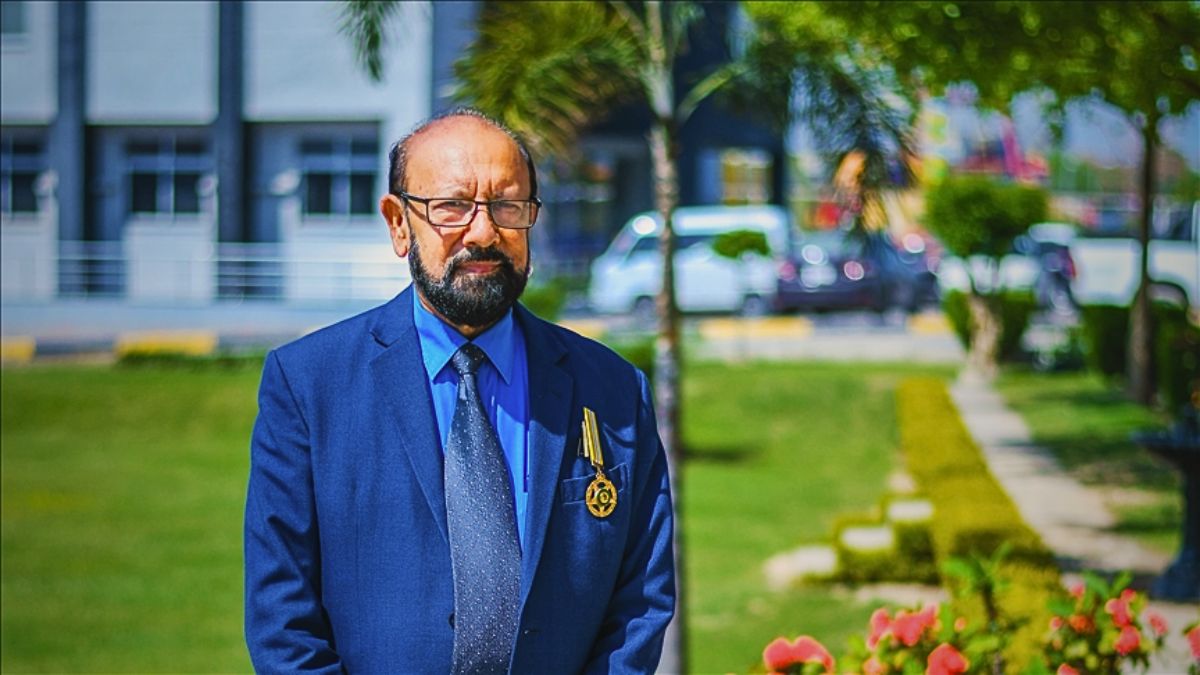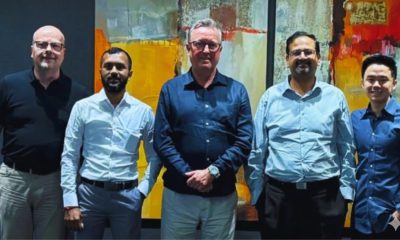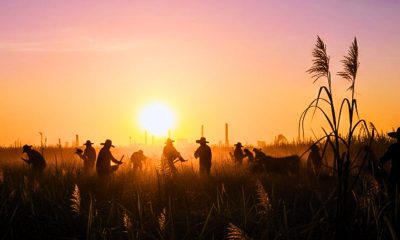LIFE AND STYLE
Mauritian Muslims: A Forgotten Chapter in the Island’s History

In a bid to shed light on the often-overlooked role of Mauritian Muslims in the country’s history, renowned historian Assad Bhuglah has embarked on a fascinating journey to uncover the intricacies of their relationships with the Ottoman Empire.
Bhuglah, a leading intellectual in Mauritius, has spent years researching the history of the island, which was first discovered by Arabs in the 10th century.
The island, located in the Indian Ocean off the coast of Africa, was later colonized by the French and British, with significant influences from Muslim traders and sailors.
The Early Years of Colonization
The French colonized the island in 1715, bringing slaves from Africa to work on the agricultural fields.
They imposed their French culture, language, and Catholic religion on the people they ruled.
However, the French also brought Muslim sailors, known as “lascars,” to work on their ships and establish trade links with other parts of the world.
The Ottoman Connection
During this period, Mauritius’ Muslim population maintained close ties with the Ottoman Empire.
The Ottomans provided aid to Mauritius during times of natural disasters, such as cyclones, and Muslims in Mauritius contributed to the fund for the construction of the Hejaz Railway.
Bhuglah’s book “Gassy Sobdar and the Pioneering Lascars of the 18th and 19th Centuries” dedicated a chapter to the connection between Mauritius and the Ottoman Empire.
He noted that there were consular relations between the two nations, with documents in Ottoman archives showing that Ottomans provided aid to Mauritius when needed.
The Kokni Community
Another significant group of Muslim immigrants who arrived in Mauritius during this period was the Kokni community.
Originating from the Konkan region near Bombay on the west coast of India, they were brought by the British to work at Port Louis Harbor.
The Kokni community was known for their expertise in tying and untying ships, which was a dangerous and labor-intensive task.
Preserving Cultural Heritage
Throughout their history, Mauritian Muslims have preserved their cultural and religious heritage by building institutions such as mosques, madrasas, and waqfs.
They have also used their political power to gain recognition of their rights, with Mauritian laws granting Muslims the right to build mosques, worship, and celebrate holidays.
Today’s Challenges
Despite their significant contributions to Mauritian history, Bhuglah notes that Mauritian Muslims face challenges today due to an aging population and migration driven by socio-economic conditions.
He suggestd that strengthening ties with other Muslim countries through education and business connections could help preserve their cultural identity.
Assad Bhuglah’s research has shed light on an often-overlooked chapter in Mauritius’ history – the importance of Mauritian Muslims and their connections with the Ottoman Empire.
His work highlights the significant contributions made by Muslims to the island’s development and culture, and serves as a reminder of the importance of preserving cultural heritage for future generations.
As Bhuglah noted, “Mauritius is a multi-ethnic and multi-cultural language… Each ethnic group maintained its own cultural language.” Today, as Mauritius continues to evolve and grow, it is essential to recognize and appreciate the diversity that has shaped its history.
Source: AA Culture Africa











